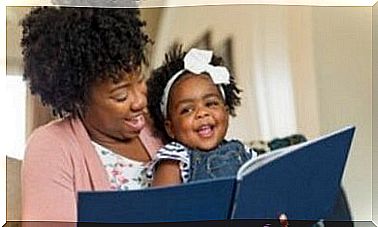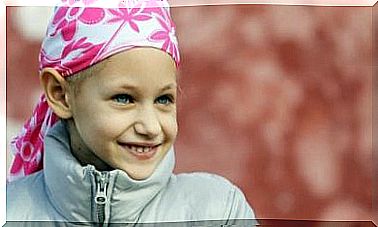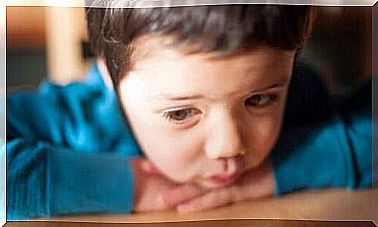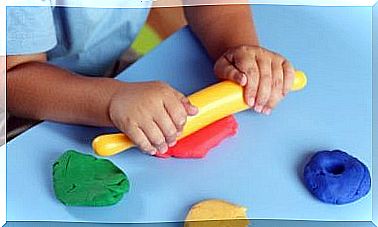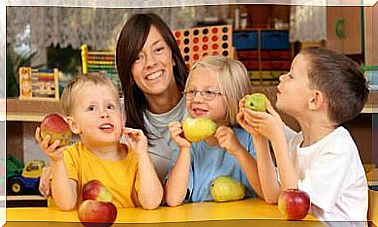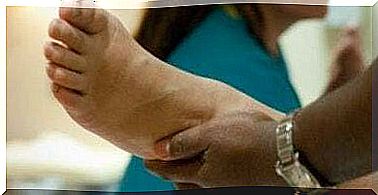10 Foods You Shouldn’t Give Your Baby
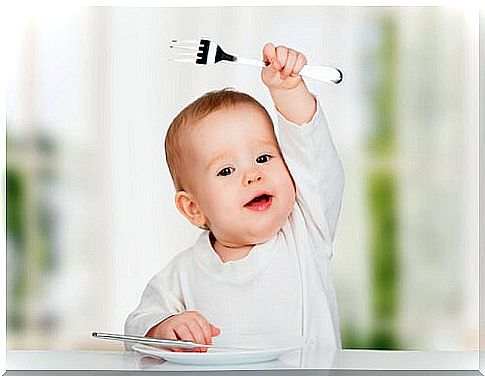
Knowing which foods you shouldn’t give your baby is extremely important during the first year of life, as their diet will change dramatically thereafter.
Pediatricians say there are some foods you shouldn’t give your baby until he is a certain age. Some can have negative effects on your child and their delicate digestive system. Others, however, may present a danger of asphyxiation.
In addition, inadequate ingestion can provoke the development of food allergies.
After breastfeeding or bottle feeding, you can gradually introduce the different foods into your little one’s meals. For this reason, as a mother, it is very important that you know what foods you shouldn’t give your baby.
10 foods you shouldn’t feed your baby
1. Honey
Babies under one year of age should never eat honey. Honey contains a harmful bacterium known as clostridium botulinum, which can cause botulism, muscle paralysis, and other serious diseases.
Your child’s immune system is not yet strong enough to fight these bacteria.
2. Dried fruit
Whole dried fruit, including peanuts, should not be given to children under the age of 5, as it could go the wrong way.
Provided that no one in your family has ever suffered from allergies to these and other foods, you can give your baby peanuts after he is 6 months old. First, however, they must have been chopped or ground and made into peanut butter.
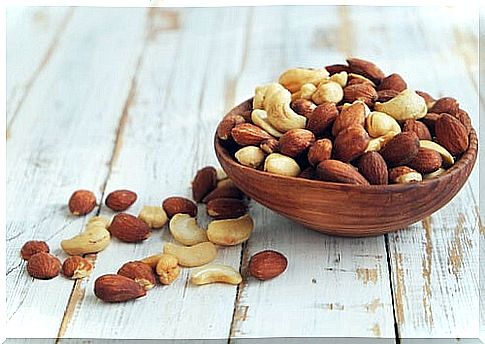
3. Strawberries
Strawberries are quite acidic, which makes them unsuitable for a baby’s delicate digestive system.
You should avoid giving your child strawberries until he is one year old. Also, you need to take into consideration whether there is any allergy in your family.
4. Chocolate
Chocolate is another food that you shouldn’t give to your baby, because it contains caffeine, a substance that is harmful to the little ones.
It also contains a lot of sugar, which should be consumed in moderation, especially by babies.
5. Fruit juices
Fruit juice contains calories, but none of the fat, protein, calcium, vitamin D or fiber that babies need.
In addition, too much fruit juice can cause tooth decay, diarrhea and other chronic stomach problems.
6. Smoked and sausage meats
Most smoked meats or sausages (such as mortadella or bacon) contain nitrates and other chemicals.
In addition, they are high in sodium and animal fats, which are bad for the little ones.
7. Cow’s milk
Under no circumstances should you give cow’s milk to your child who is less than one year old. Cow’s milk does not contain all the nutrients (such as iron and vitamin E) that a baby needs to grow and develop during the first year of life. For this reason, breast milk should be preferred.
After your child is over the first year, he or she will be able to consume whole cow’s milk in moderation. You have to pay attention to possible intolerances.
8. Fish high in mercury
Fish is a very healthy food. It is rich in proteins, vitamins and minerals. It is usually softer than meat and therefore easier for the baby to consume.
However, it is important to inquire about the particular type of fish that the parents intend to give to the child, because not all of them retain the same amount of mercury in their bodies.
Be aware that mercury is a dangerous neurotoxin, which can easily accumulate in the baby’s body.
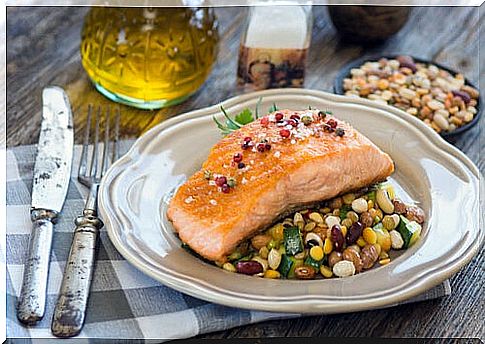
9. Salt and sugar
Sugar and sugary sweets are bad for your baby. For this reason they are considered foods that you should not give to your baby during his first months of life.
They can alter the development of your baby’s taste receptors and keep him awake all night.
Likewise, it is not convenient for children to consume a lot of salt. It is not good for the kidneys and, consequently, it is advisable not to introduce it in the diet of those under one year old. It can be done, in small quantities, after one year of age.
10. Rice cream
If you decide to give your child some cream of rice, choose the wholemeal one and not the white one. Not only is it more nutritious, but it also has the advantage of getting your baby used to the taste of brown rice.
We recommend trying brown rice, oats (with peanut butter or fresh fruit) or quinoa.
So, when you introduce new foods into your baby’s diet you need to make sure that they do not produce side effects that can give him some disturbance.


